Faculty
Program faculty from the Department of Medicine
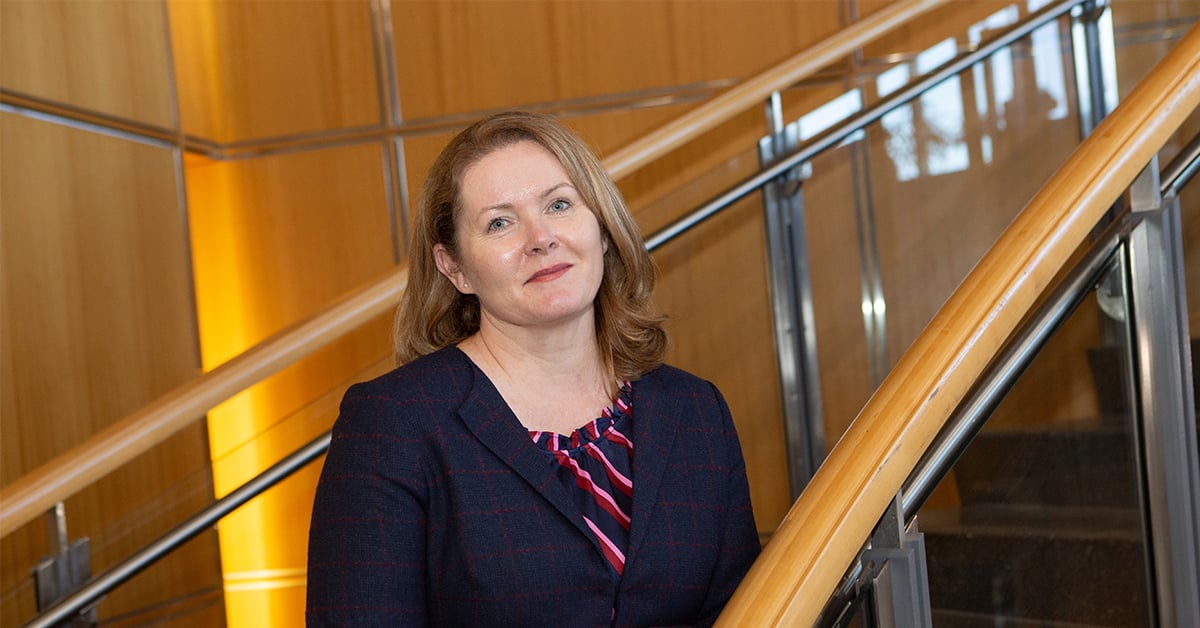
Katherine Fitzgerald, PhD
Program Co-Director
Research Focus: Understanding molecular mechanisms controlling inflammatory response
- Sensing and signaling in innate immunity (TLRs, Inflammasomes, cGAS/STING)
- Autoinflammatory diseases (e.g., SAVI - STING associated Vasculopathy with onset in Infancy)
- Therapeutic targeting of Inflammasomes and cGAS/STING Signaling
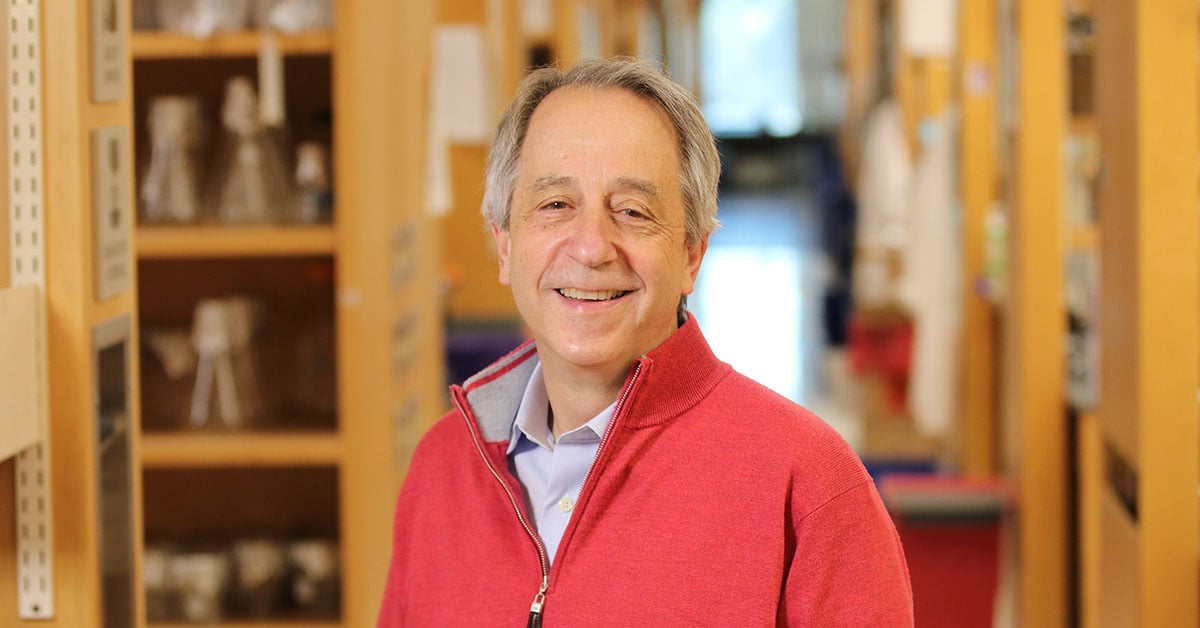
Douglas Golenbock, MD
Program Co-Director
Research Focus: Innate immunity in the context of bacterial and parasitic infections, as well as neurodegenerative diseases
- Malaria: What is the cause of fever in malaria? And how can children have parasites in their blood without symptoms?
- NLRP3 inflammasome in Alzheimer’s Disease
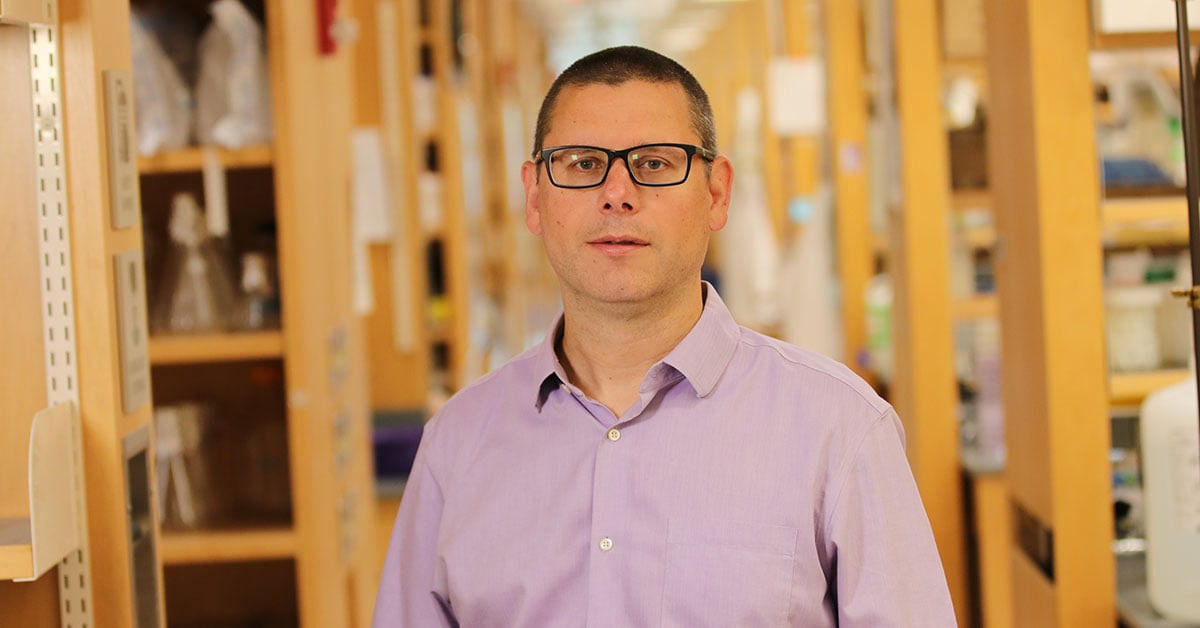
Daniel Caffrey, PhD
Research Focus: Using genomic and computational methods to investigate immune response and host-pathogen interactions
- Evolution of Host-Pathogen Interactions
- Genomics of the Innate Immune Response
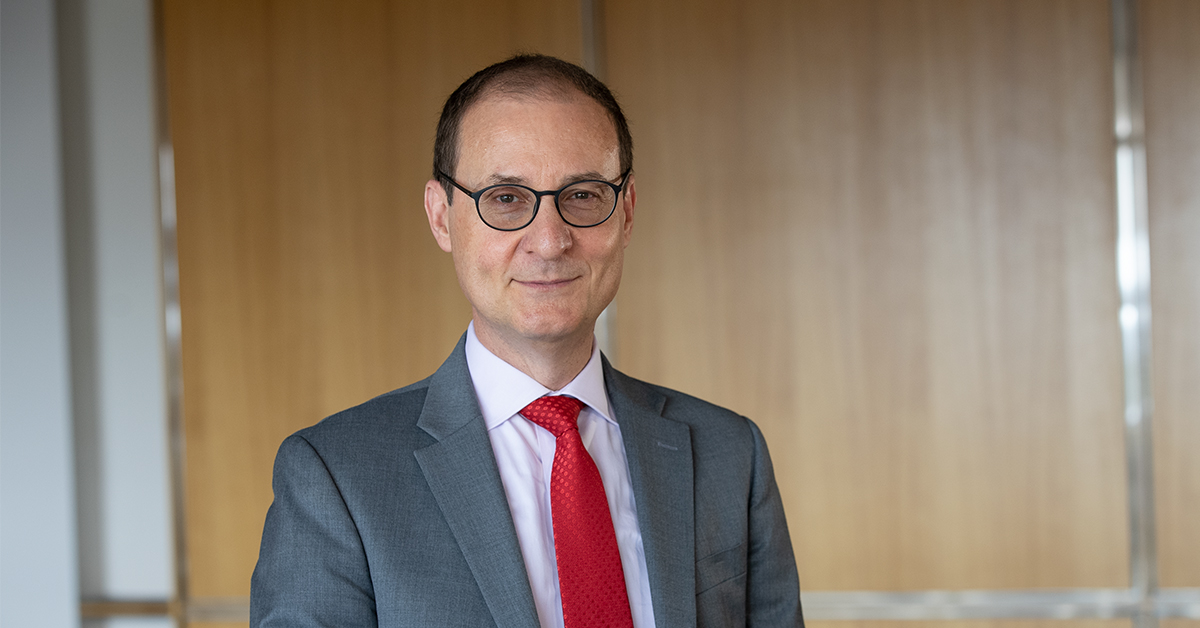
Roberto Caricchio, MD
Research Focus: Pathogenesis and mechanisms of organ damage in systemic autoimmunity
- How common infections trigger and sustain autoimmunity
- The role of macrophages in immune-mediated organ damage
- Novel therapeutic pathways in lupus nephritis
- Clinical outcomes in systemic lupus erythematosus
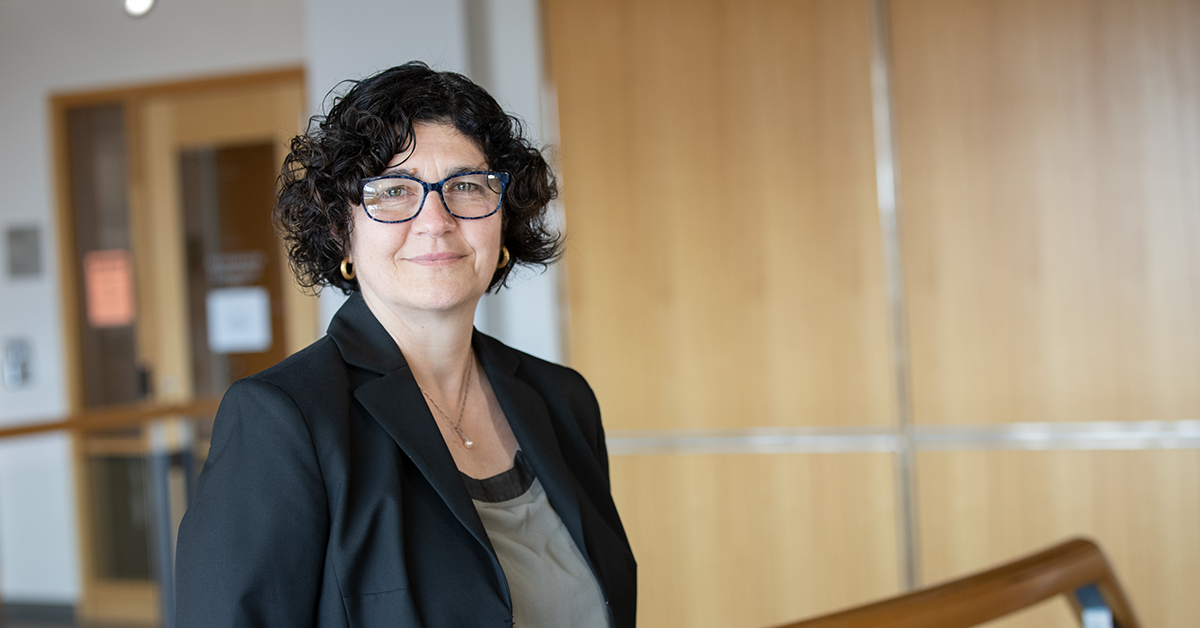
Stefania Gallucci, MD
Research Focus: Innate immunity responses in host defense and autoimmunity
- Biology of dendritic cell activation and regulation through the immunometabolism
- Dendritic cell recognition of DAMPs and PAMPs
- Role of innate immunity in the pathogenesis of autoimmunity
- Innate immune responses to bacterial infections and biofilms
- Novel therapeutic targets in lupus autoimmunity
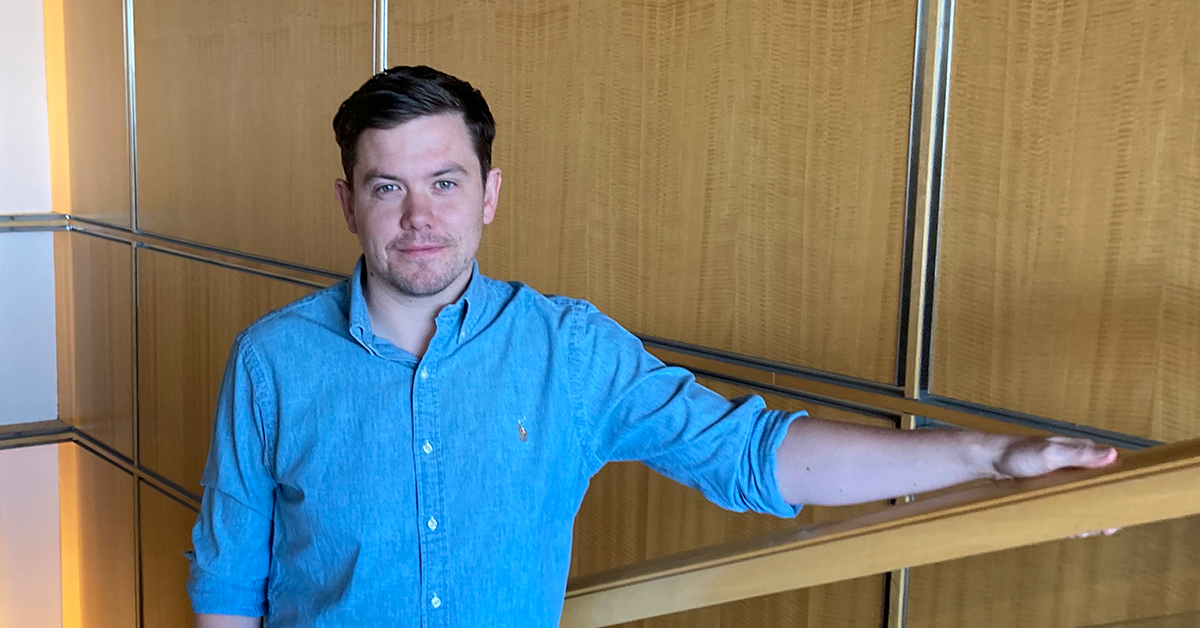
Fiachra Humphries, PhD
Research Focus: How immunometabolism regulates infectious disease and inflammation
- Regulation of cell death by oncometabolites
- Macrophage receptor biology in tumorigenesis and metastasis
- Mitochondrial reprogramming in "inflamm-aging"
- Metabolic control of viral infections
- Therapeutic targeting of innate immune signaling pathways
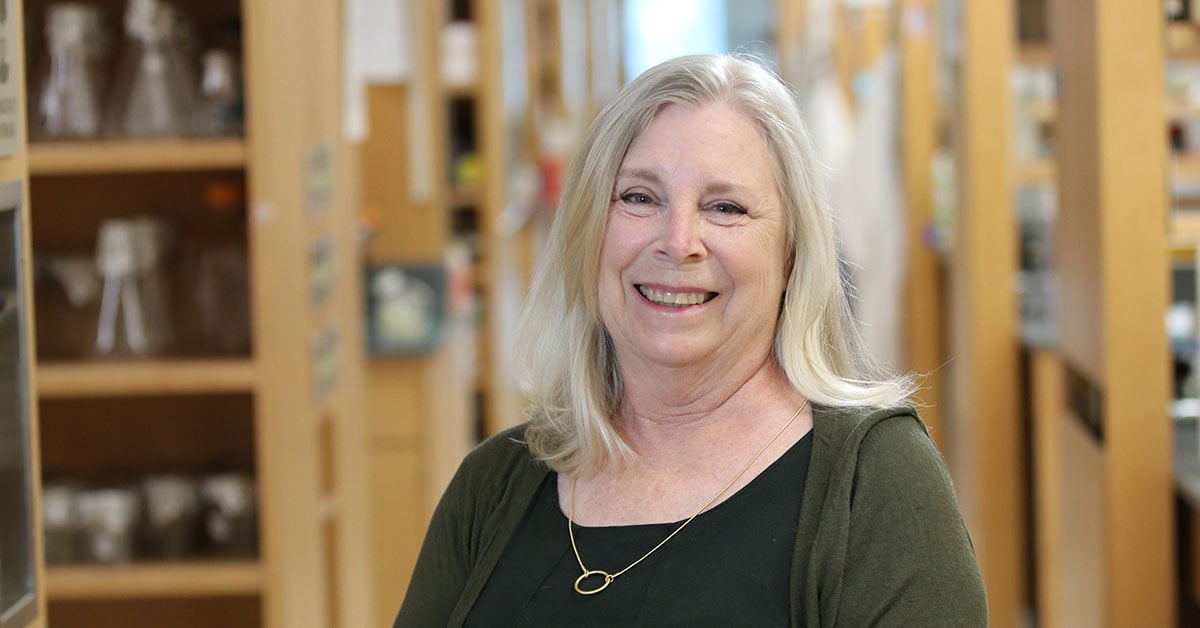
Evelyn Kurt-Jones, PhD
Research Focus: Innate immune mechanisms of disease
- Investigation of pathogen-receptor interactions that drive innate immunity
- Studies of the innate immune response in animal models of infection to determine how specific innate immune mechanisms drive or prevent disease progression and organ pathology during infection with microbial pathogens, including viruses and bacteria
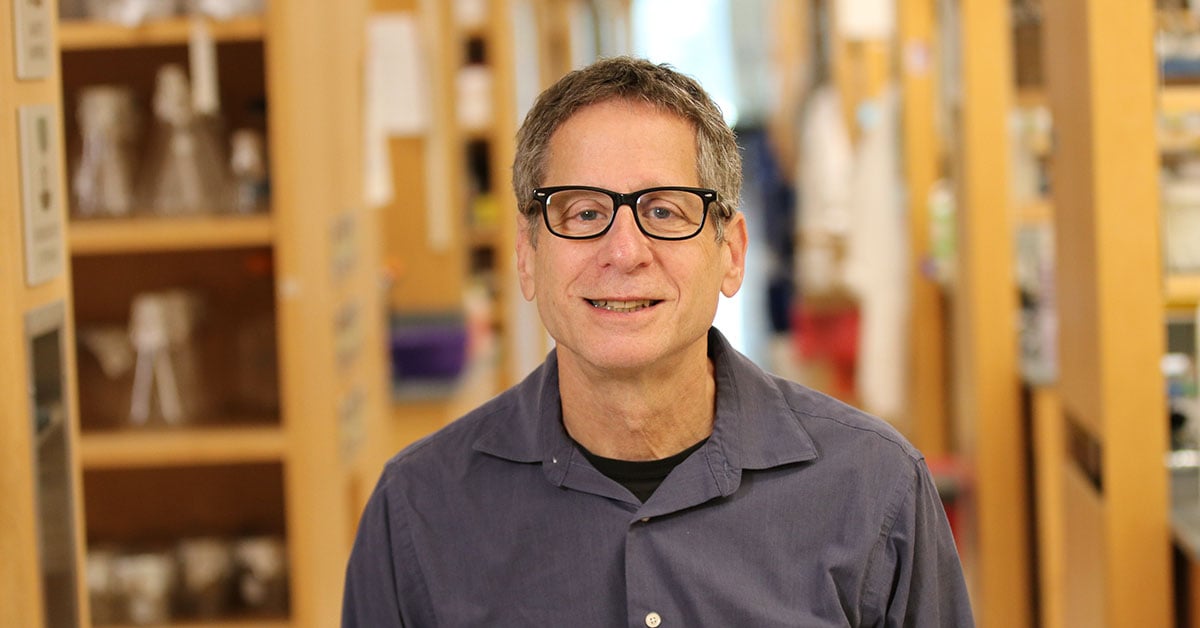
Stuart Levitz, MD
Research Focus: The immunology of fungal infections
- Vaccine development in Cryptococcus neoformans
- Eosinophil cytokine production in allergic aspergillosis
- Identification of immunoreactive fungal proteins
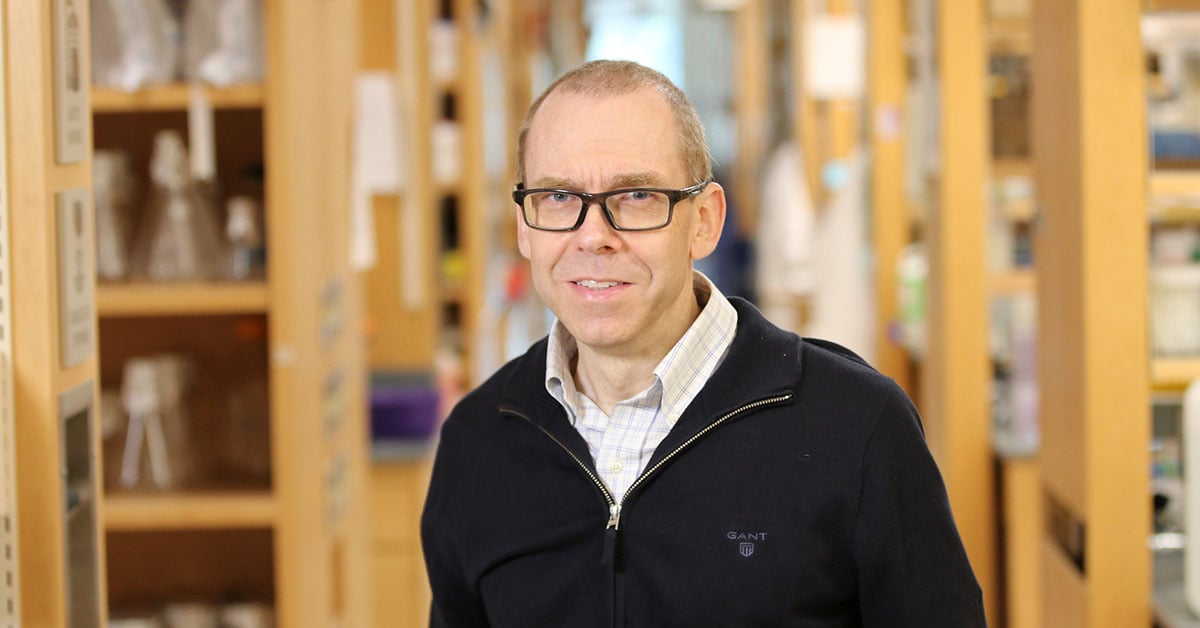
Egil Lien, PhD
Research Focus: Understanding host-pathogen interactions – intersection of inflammation and cell death pathways
- Mechanisms for pathogen activation and inhibition of Innate Immunity – inflammasomes, TLRs, regulated cell death.
- Manipulation of signaling by bacterial secretion system effectors from Yersinia and Salmonella, and subsequent host backup responses
- Non-infectious innate immune signaling, induced by vaccines, metabolism and neuroinflammatory diseases
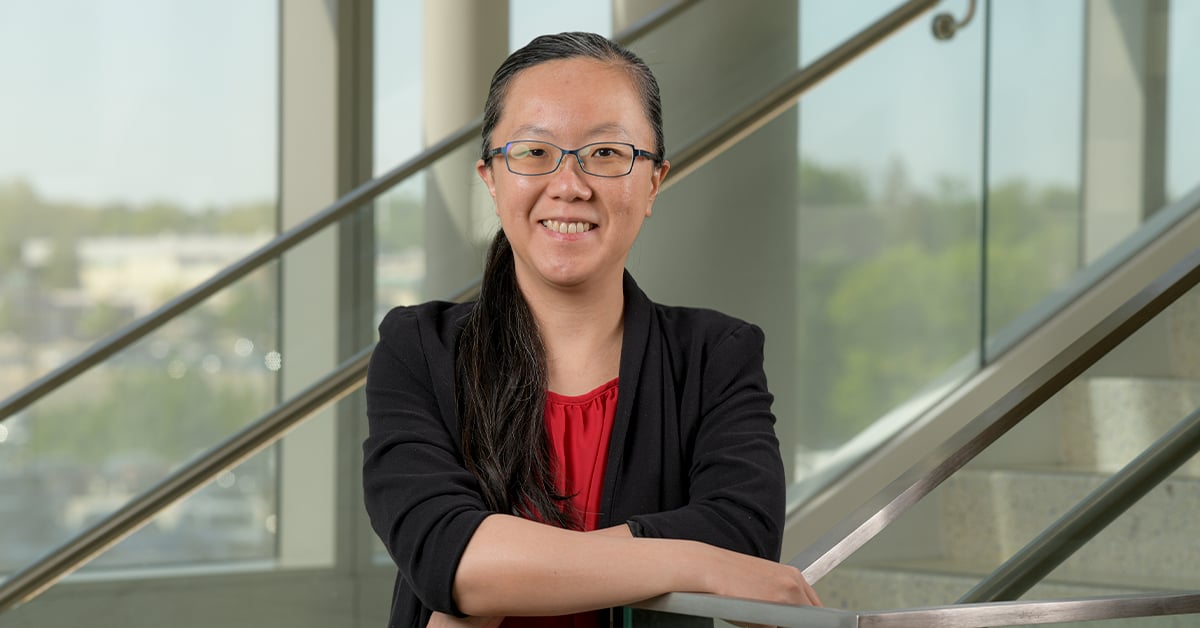
Elaine Lim, PhD
Research Focus: Understanding human genetic variation and environmental factors (viruses and other pathogens) in neurological diseases
- Developing human induced pluripotent stem cell based neuroinflammation systems for high-throughput assays
- Identifying human-pathogen interactions in innate immunity for therapeutic identification
- Developing multiplexed, high-throughput screens to reverse disease-associated molecular pathology
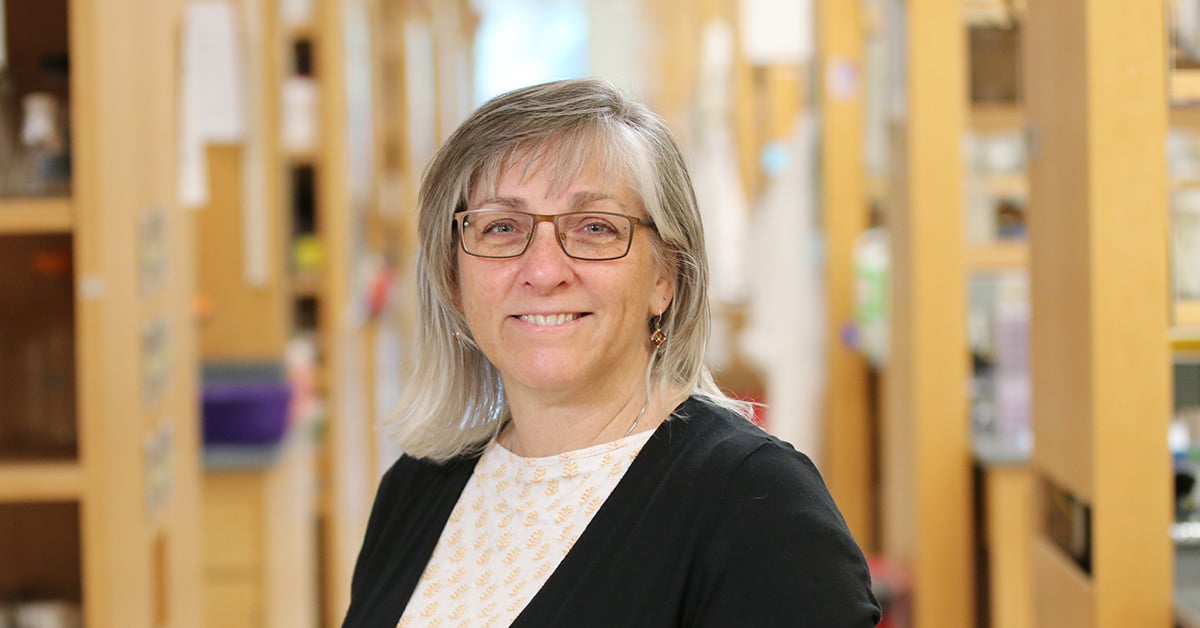
Ann Moormann, PhD, MPH
Research Focus: The immunopathology of malaria, EBV, and Burkitt lymphoma
- T cell and natural killer cell studies of human immunity to infectious diseases
- Heterogeneity of adaptive immunity to parasites, viruses and vaccine-elicited responses
- Identification of therapeutic interventions for endemic Burkitt lymphoma
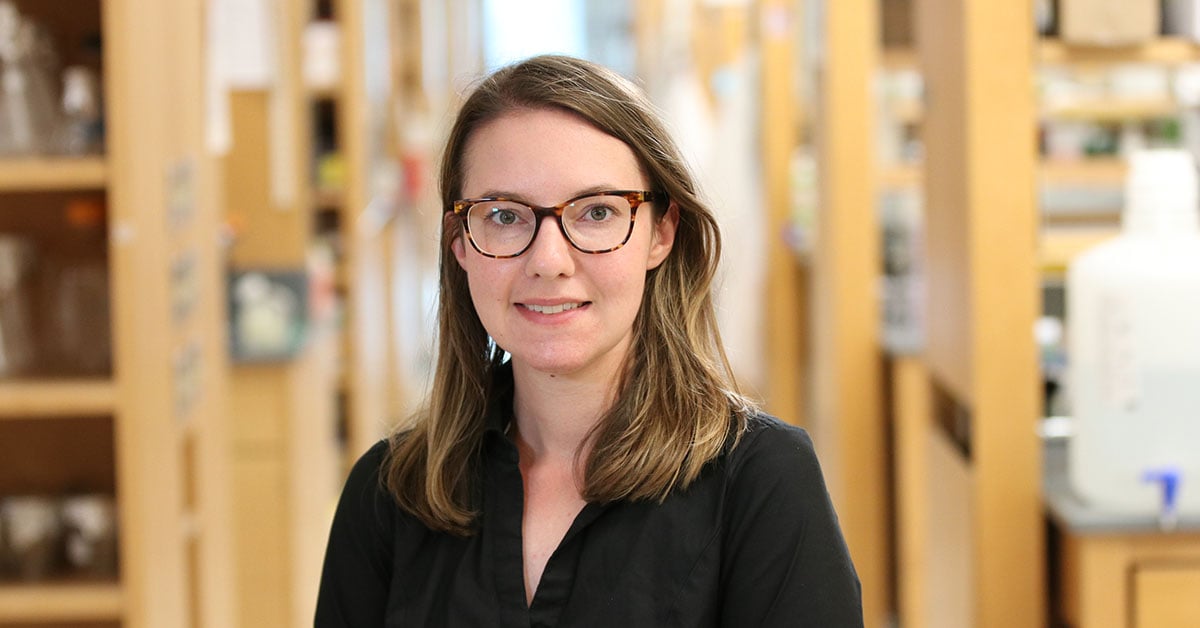
Megan Orzalli, PhD
Research Focus: Virus-host interactions and host immune response
- Antiviral immunity and inflammation at barrier surfaces
- 3D skin organoids
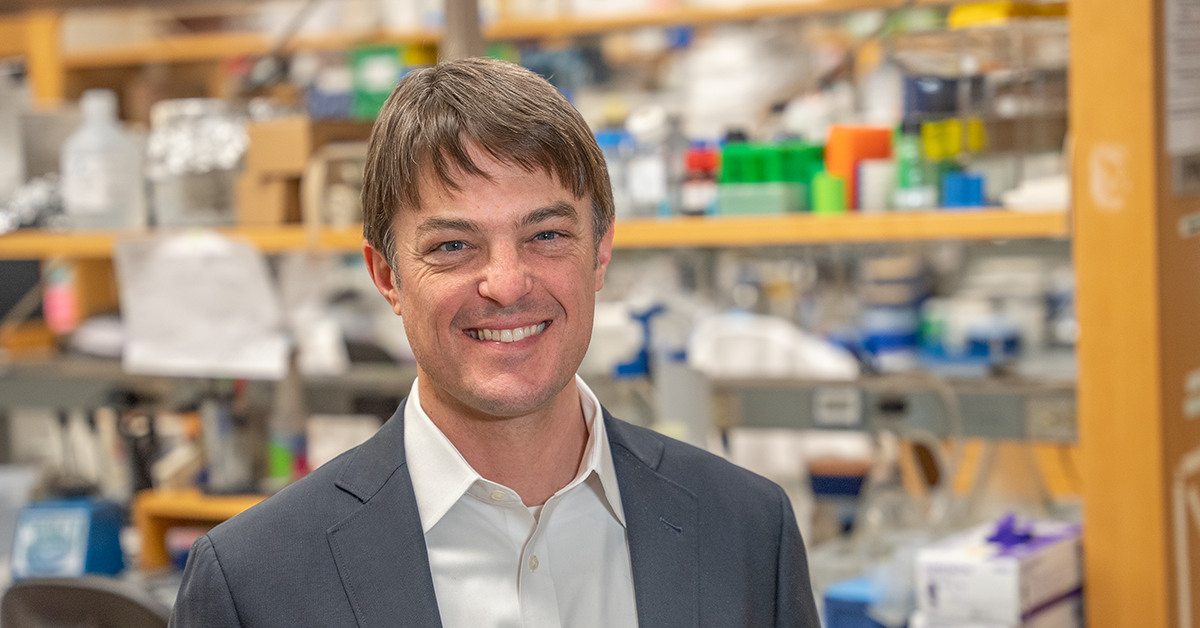
Read Pukkila-Worley, MD
Research Focus: Host-pathogen interactions in intestinal epithelial cells
- Characterizing how bacteria are sensed by the innate immune system in the intestine
- Understanding how neurons control intestinal inflammation
- Characterizing new mechanisms of immune pathway activation and regulation
- Defining how host metabolism affect the ability to survive infection
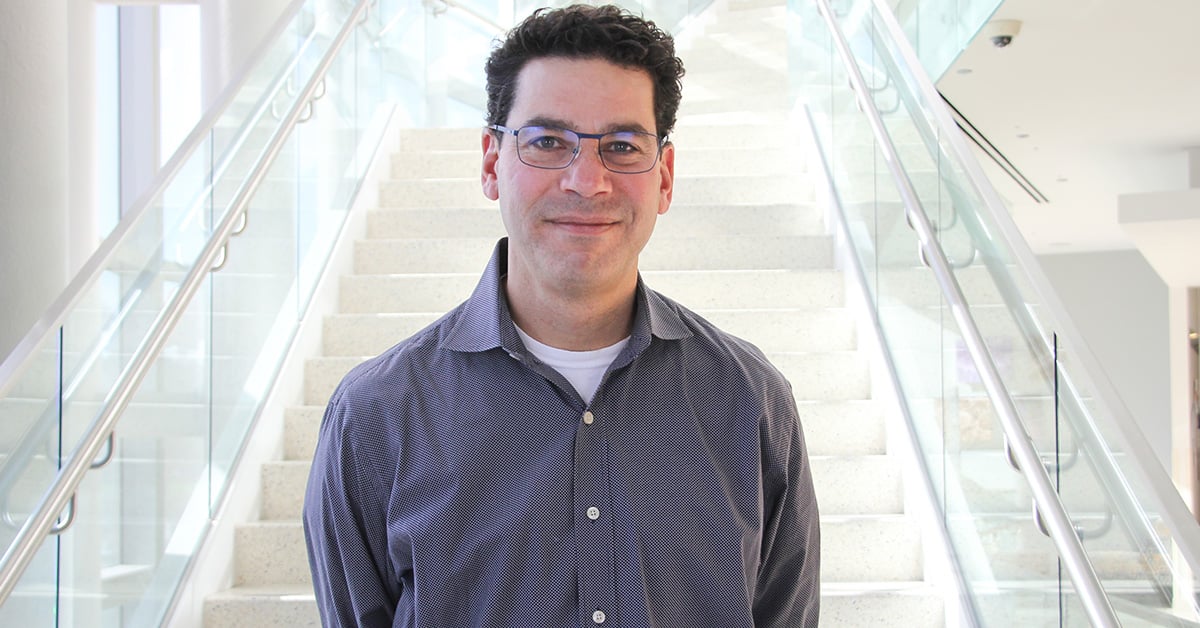
Lee Quinton, PhD
Research Focus: Lung immunity and the biological signals that dictate pneumonia outcome and susceptibility
- Intrapulmonary control of immune resistance and tissue resilience
- Influence of the lung-liver axis on pneumonia susceptibility
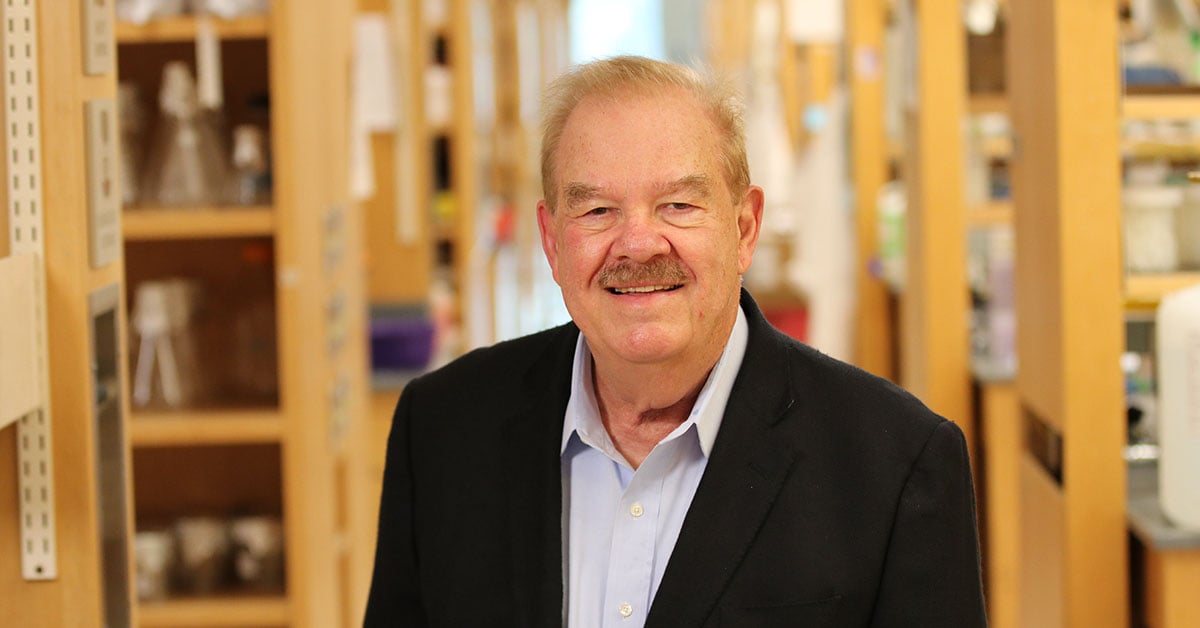
Peter Rice, MD
Research Focus: Translational and clinical studies involving vaccines and therapeutics for Neisseria gonorrhoeae
- Translational research involving vaccines/therapeutics against Neisseria gonorrhoeae
- Clinical trial (Phase 1) of a gonococcal vaccine candidate
- Gonococcal immune mechanisms involved in pathogenesis and protection in animal models
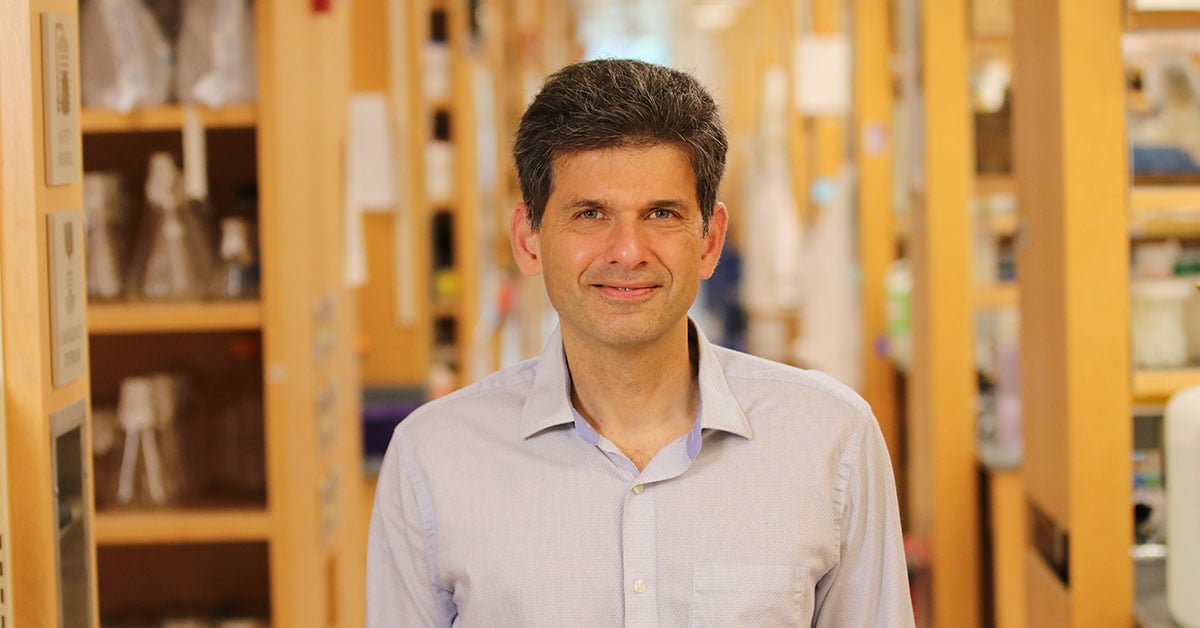
Sanjay Ram, MD
Research Focus: Complement-bacteria interactions
- How Neisseria gonorrhoeae and N. meningitidis escape killing by complement
- Immunotherapeutics and vaccines against multidrug-resistant gonococci
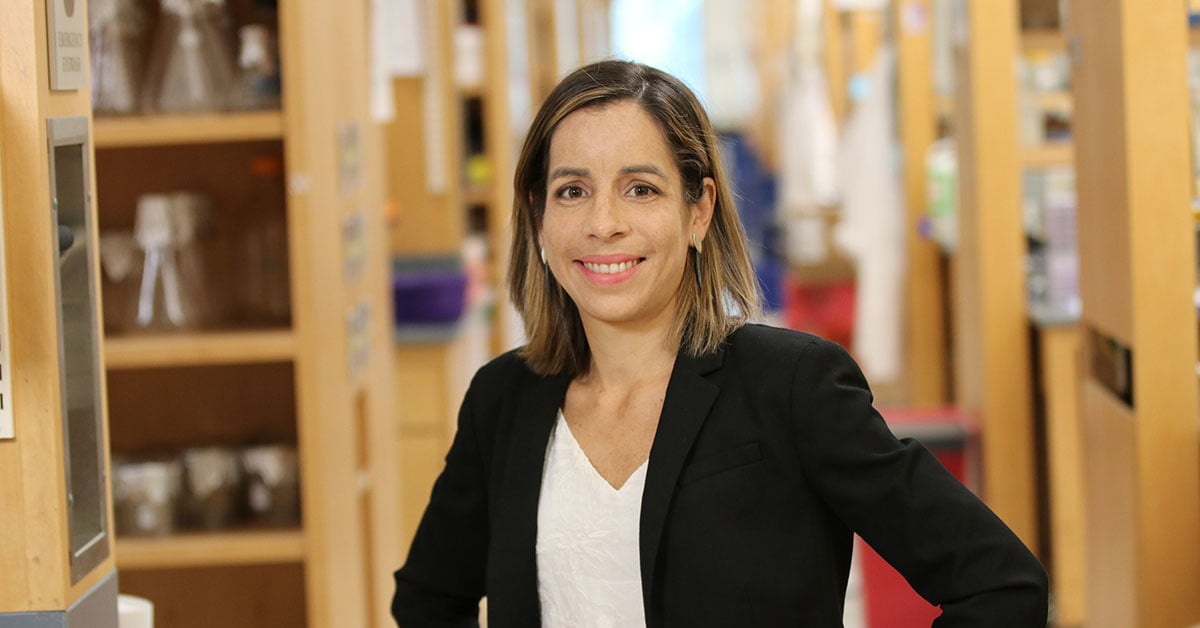
Zaida Ramirez-Ortiz, PhD
Research Focus: Understanding the role and the molecular mechanisms of mammalian Scavenger Receptors in the capture and clearance of apoptotic debris
- Understanding the role of scavenger receptors in the response to infectious agents and self-antigens
-
Understanding the interplay between dendritic cells and the removal of apoptotic cells during autoimmune diseases
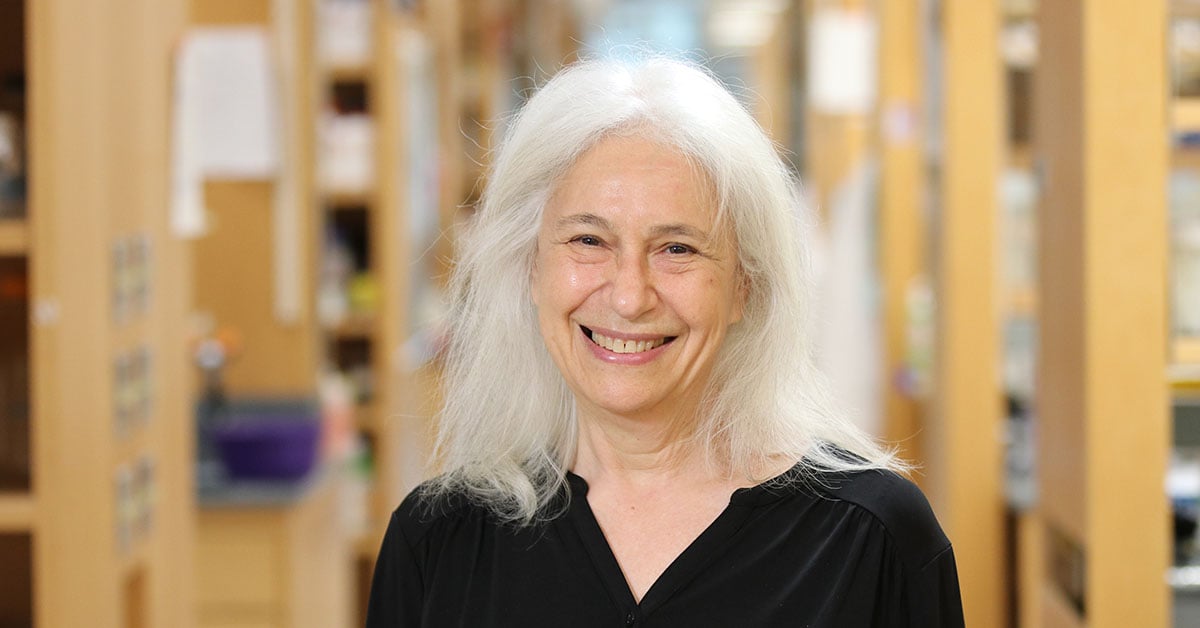
Ann Marshak-Rothstein, PhD
Research Focus: Mechanisms of autoinflammation in disease pathogenesis
- Autoinflammation resulting from STING GOF mutations
- DNAseII-deficiency and TLR-driven autoinflammation
- Immunomodulatory mechanisms of soluble Fas ligand
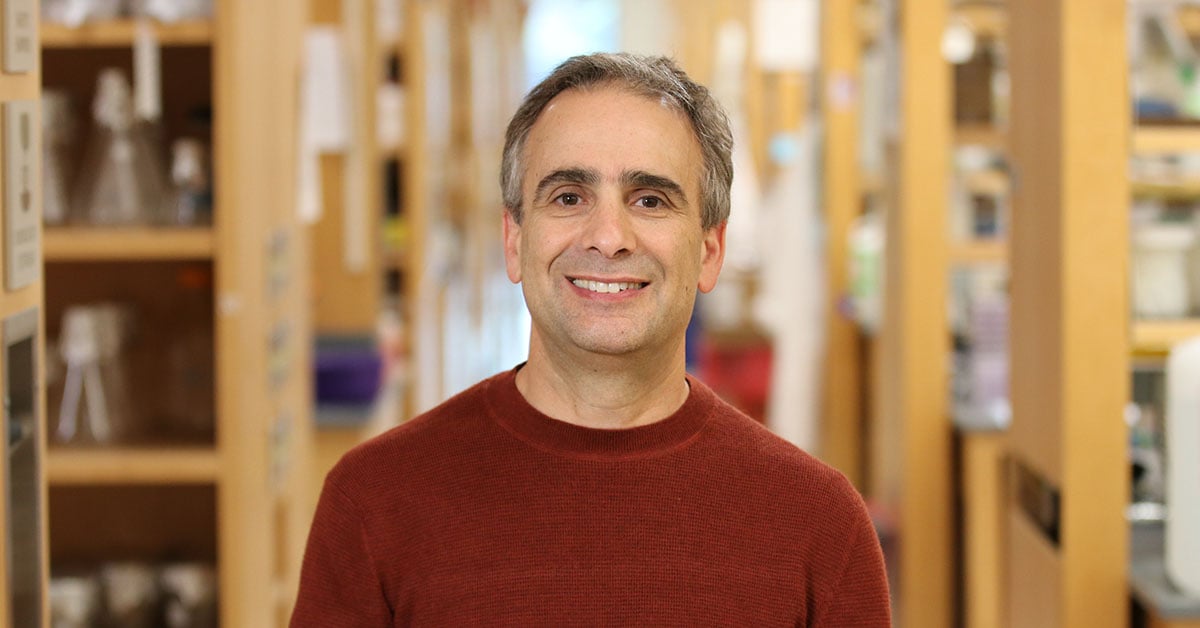
Neal Silverman, PhD
Research Focus: Innate immune recognition and signal transduction in flies and mammals
- How bacteria, viruses and parasites are recognized by innate immune receptors
- Molecular and biochemical mechanisms used by both the host and microbe to respond to infection
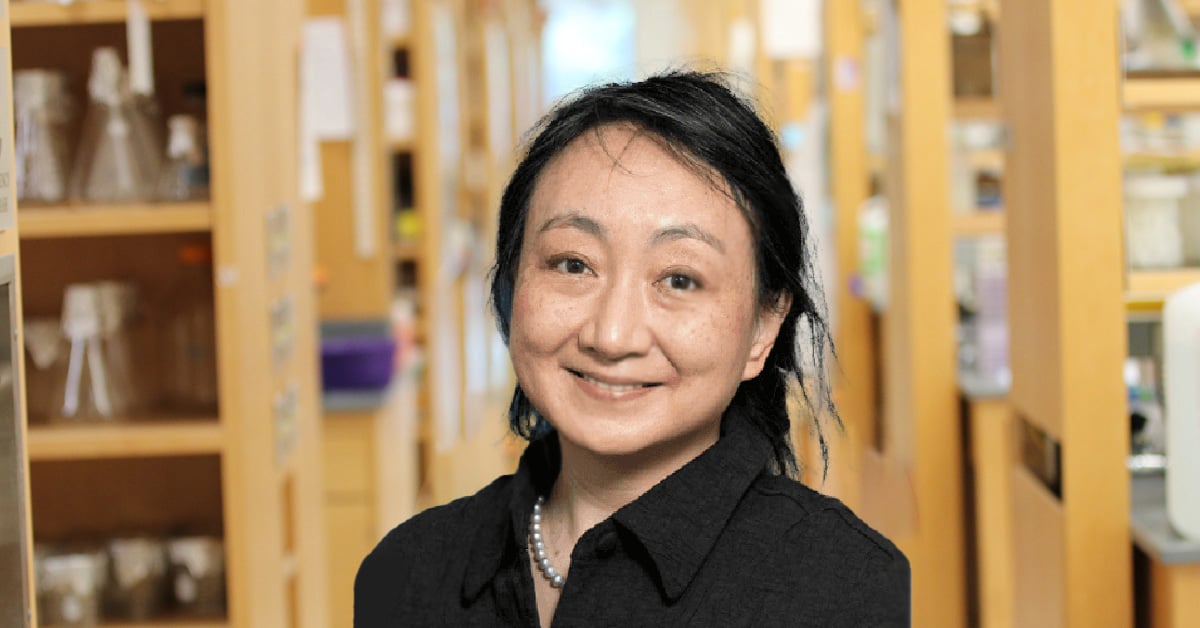
Jennifer Wang, MD
Research focus: Innate immune factors that drive type 1 diabetes
- Rat model of autoimmune diabetes
- Infection of human islets with coxsackievirus B

Siva Karthik Varanasi, PhD
Research Focus: Understanding the molecular mechanisms of tissue-specific immune responses
- Metabolic/differentiation state of T cells
- Contribution of metabolic state of tissues on T cell responses
- Gut-microbiome and their metabolites on T cell responses
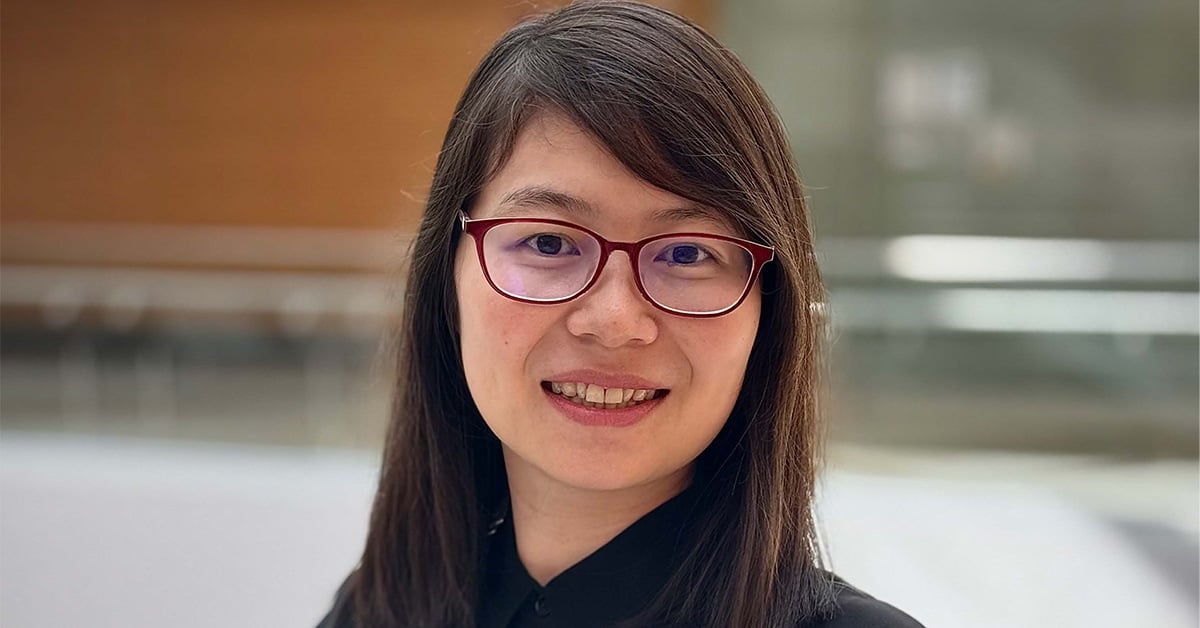
Wenqing Zhou, PhD
Research Focus: Understanding the cellular and molecular mechanisms that orchestrate intestinal health and diseases
- Innate sensors for gut microbiota to initiate immune tolerance in the gut
- Key regulators that enforce immune tolerance and restrain inflammation in the gut
- Immune regulation of intestinal physiology and diseases
Affiliated faculty
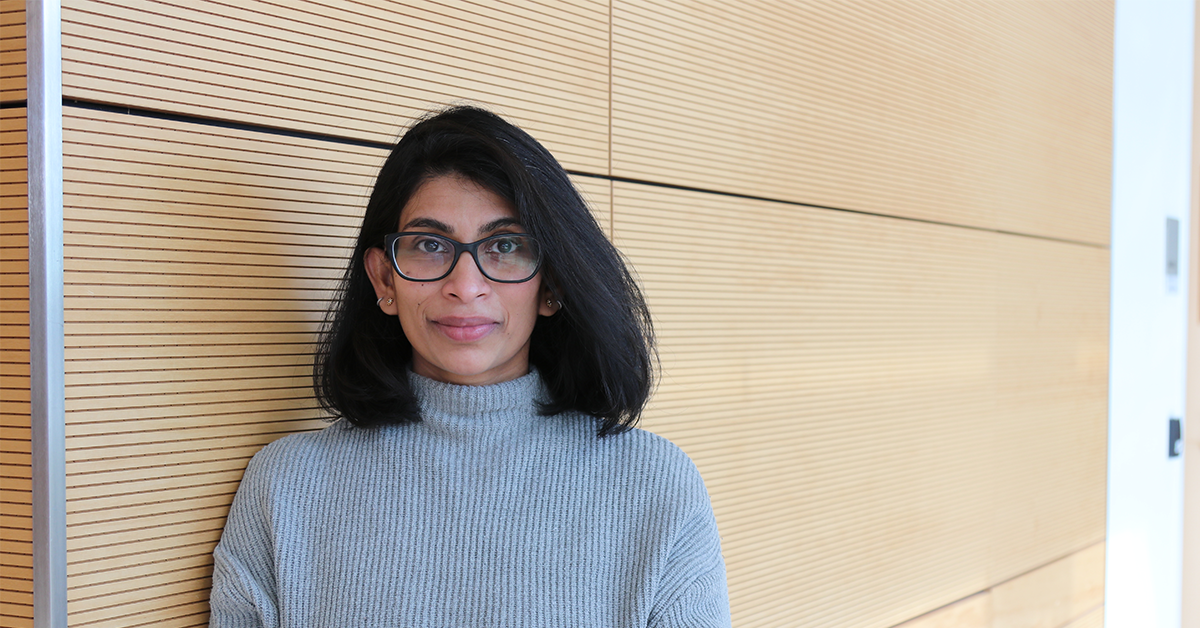
Prabhani Atukorale, PhD
Department of Molecular, Cell and Cancer Biology and Department of Biomedical Engineering, UMass Amherst
Research Focus: Engineering Nanomaterials Technologies that Modulate Innate Immunity in the Tumor Microenvironment
- Defining mechanisms of synergy between STING and TLR pathways
- Designing nanomaterials-based drug carriers carrying multiple innate immune agonists for novel cancer vaccination strategies
- Remodeling immunity in difficult-to-treat cancers, including metastasis
- Improving efficacy of clinical immunotherapies by combination with innate immunomodulatory nanoparticles
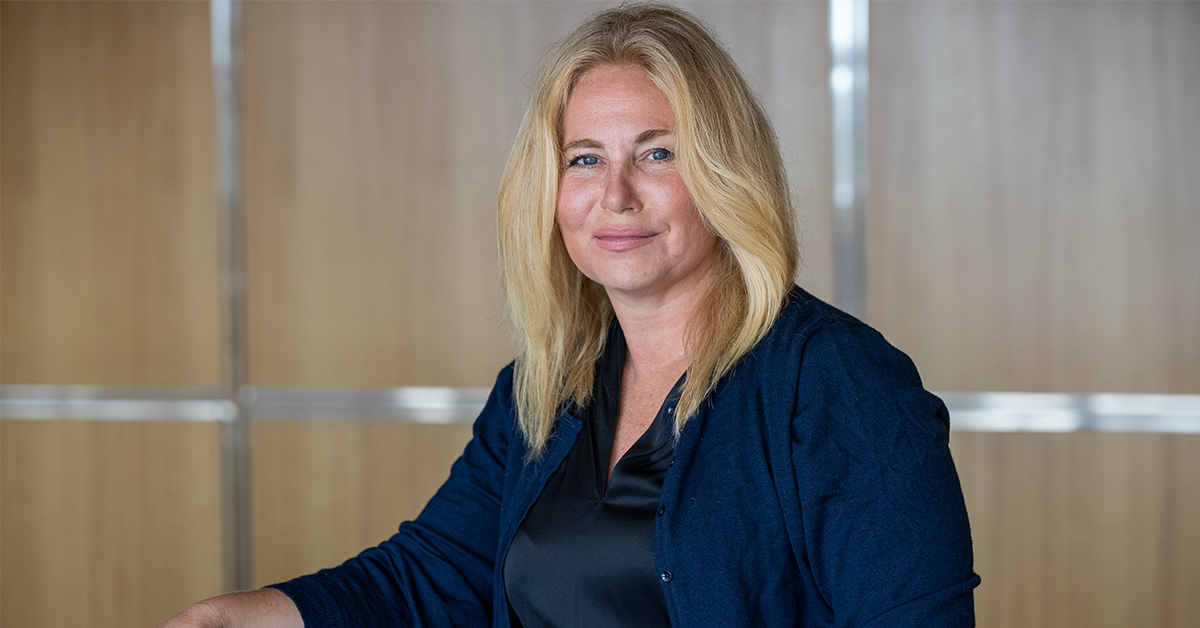
Anastassiia Vertii, PhD
Department of Molecular, Cell and Cancer Biology
Research Focus: Inflammatory stresses in immune and non-immune cells
- The effects of inflammatory stresses on 3D chromatin organization
- The role of the centrosome in innate immunity
In Memoriam
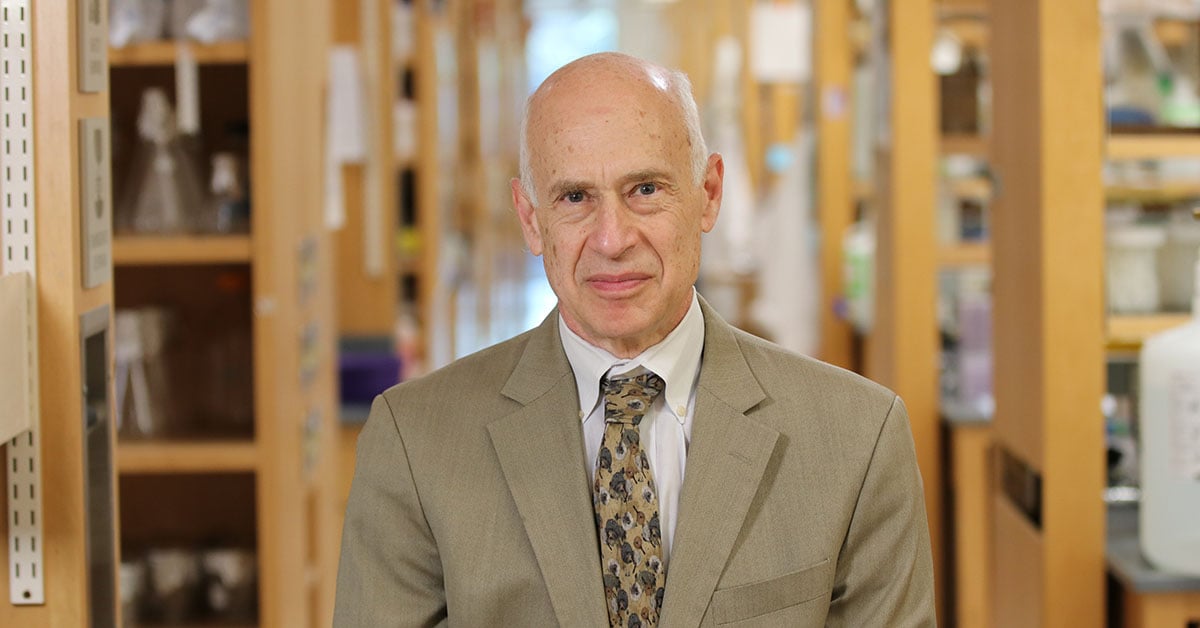 In August 2021, Robert W. Finberg, MD, passed away unexpectedly. Dr. Finberg’s accomplished career as a physician, infectious disease researcher, and teacher spanned four decades. He was a long-time faculty member in the Division of Infectious Diseases and Immunology and the Program in Innate Immunity, and was Chair of the Department of Medicine for 21 years. Working with his family and the UMass Chan advancement office, an endowment fund in his honor has been established to support research training and visiting lectureships in Infectious Diseases. To contribute, please click here.
In August 2021, Robert W. Finberg, MD, passed away unexpectedly. Dr. Finberg’s accomplished career as a physician, infectious disease researcher, and teacher spanned four decades. He was a long-time faculty member in the Division of Infectious Diseases and Immunology and the Program in Innate Immunity, and was Chair of the Department of Medicine for 21 years. Working with his family and the UMass Chan advancement office, an endowment fund in his honor has been established to support research training and visiting lectureships in Infectious Diseases. To contribute, please click here.
